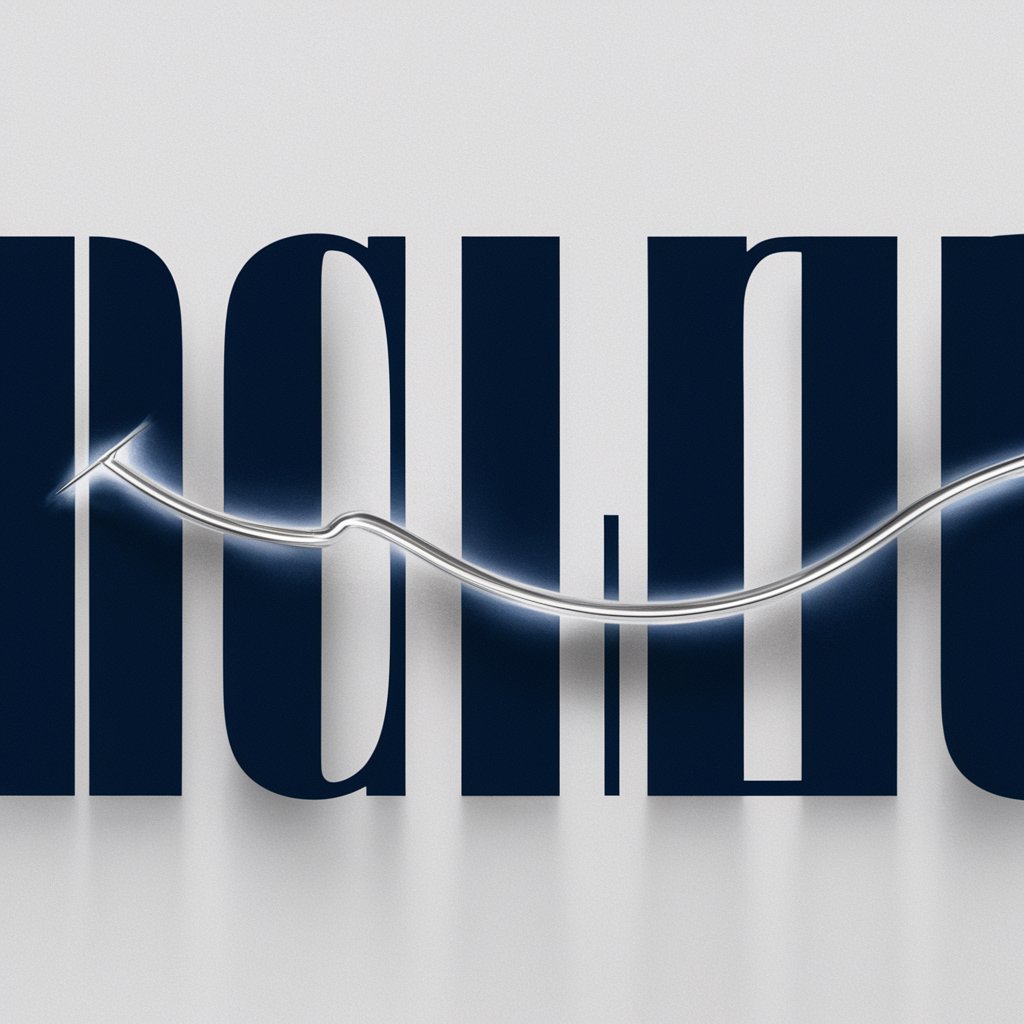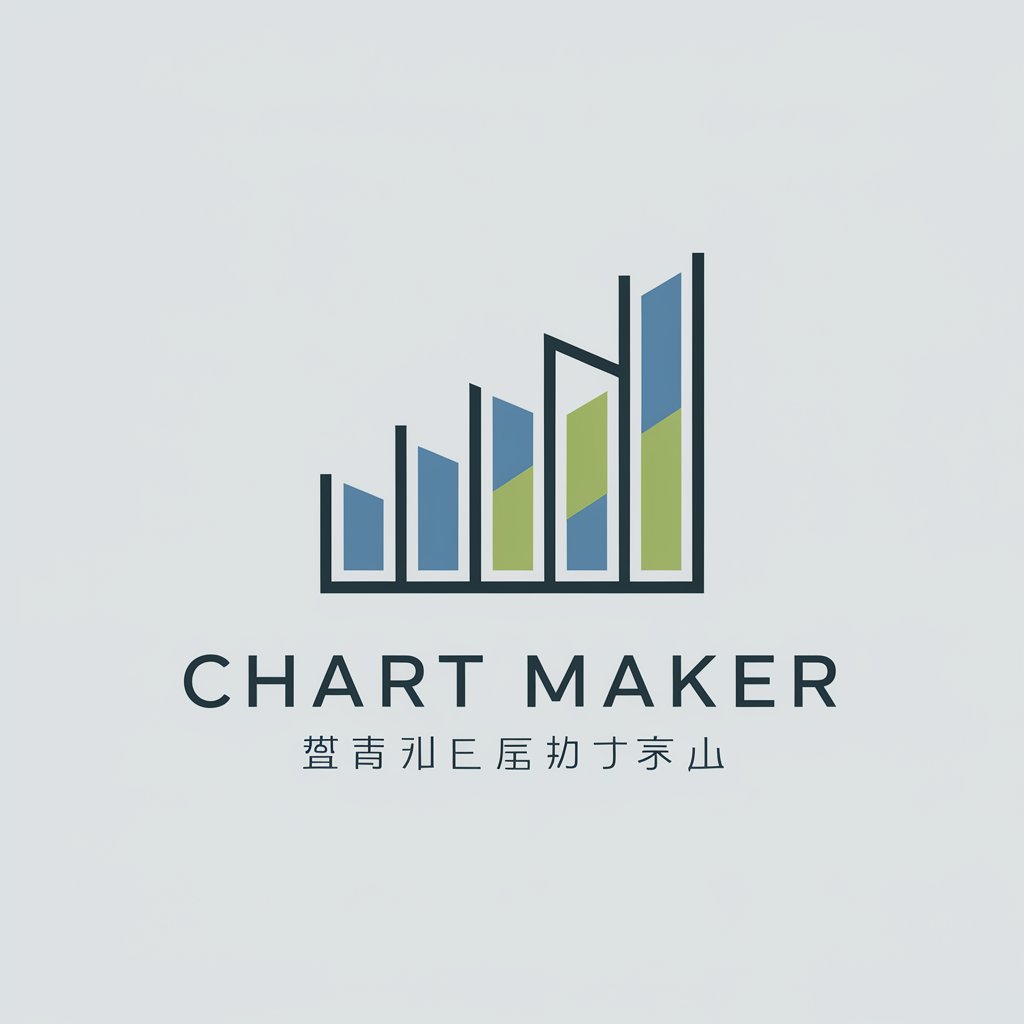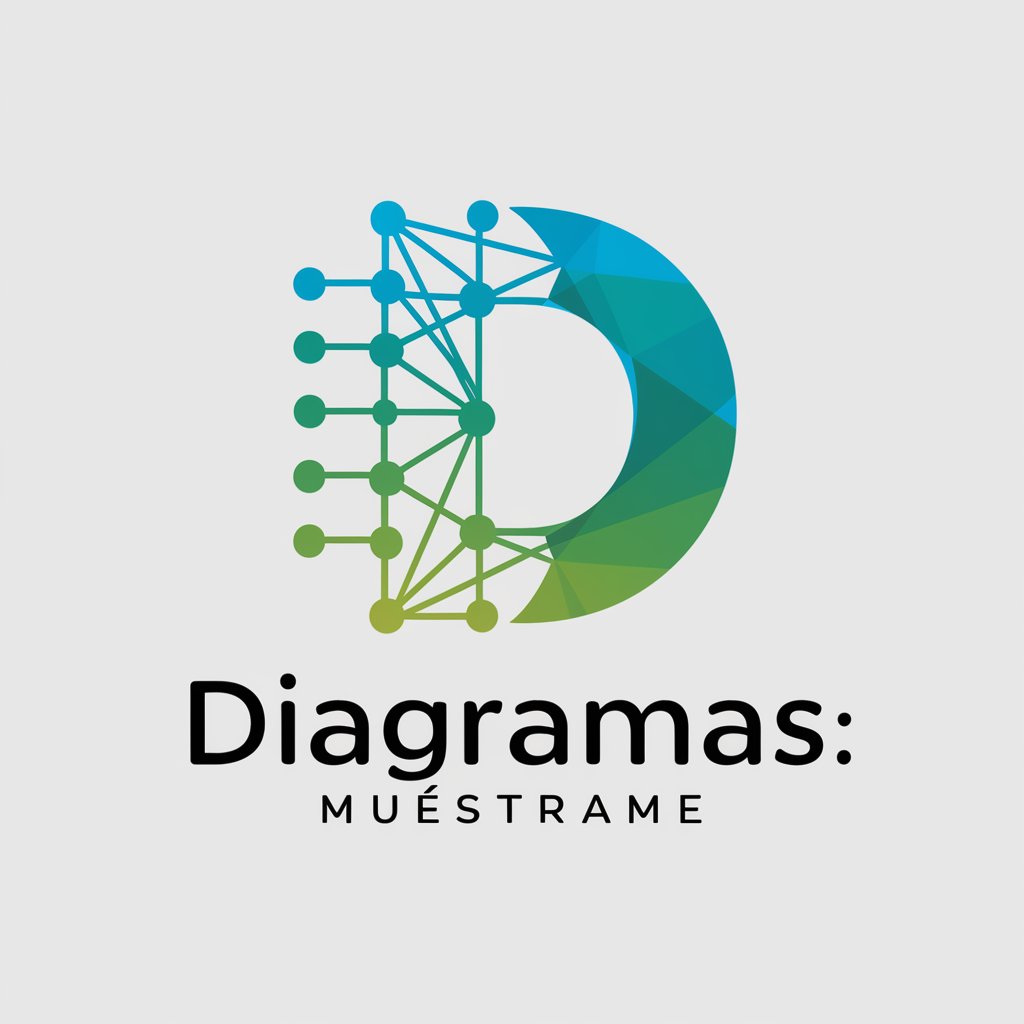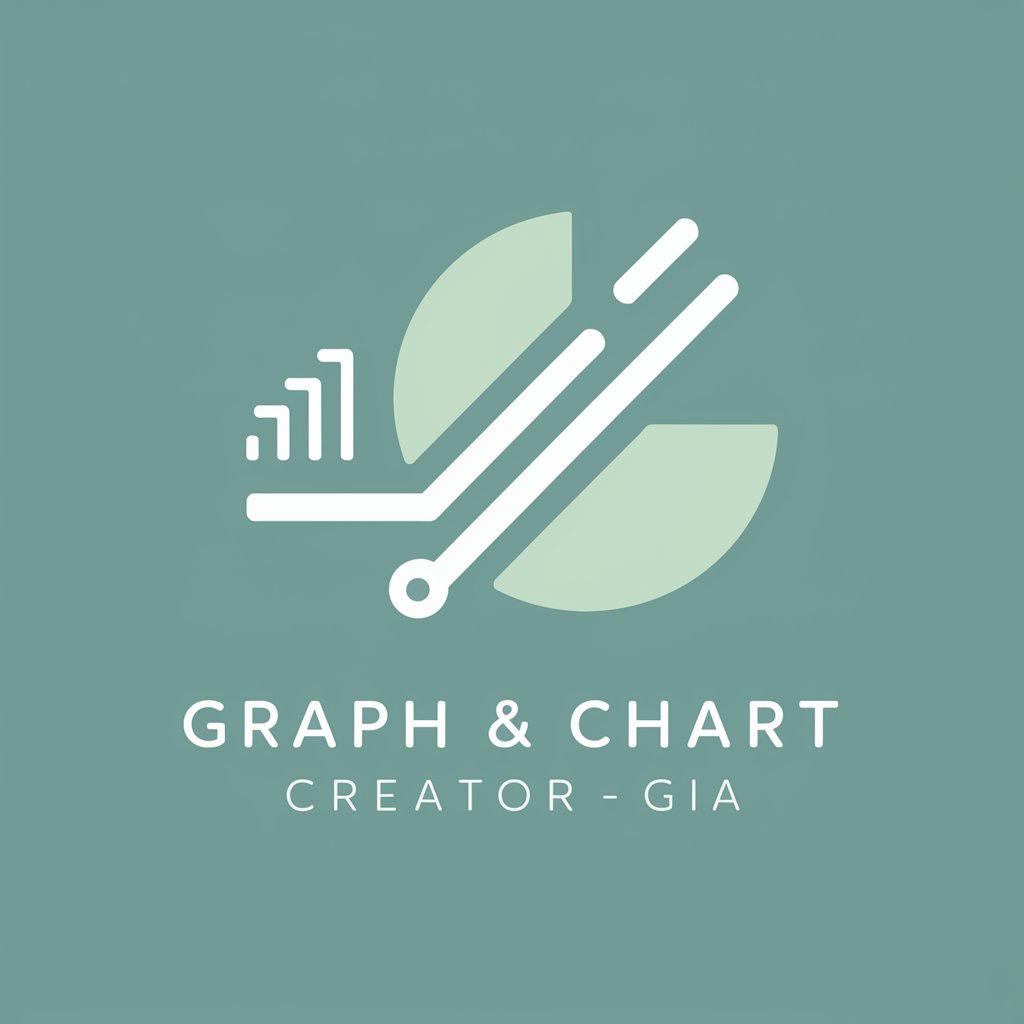
Venn Diagram-AI Venn Diagram Generator
AI-powered Venn diagrams for clear comparisons.

Pros and Cons on a diagram. Experimental.
Compare two topics
Compare apples to oranges
Compare iPhone to Android
Leave feedback at gptgalore.io
Get Embed Code
What is Venn Diagram (the GPT)
Venn Diagram is a specialized analysis assistant designed to compare two or three subjects, extract their similarities and differences, and present the results as both structured text and a clean, presentation-ready Venn diagram image. Its design purpose is to make trade-offs obvious, reduce cognitive overload in side-by-side evaluations, and help users move from scattered notes to a visual, defensible conclusion. Typical flows include: (1) you provide two entities (e.g., AWS vs Azure for a startup), and Venn Diagram produces a bullet-proof compare/contrast write-up plus a diagram; (2) you paste long materials (syllabi, product pages, specs), and it distills overlaps and distinctions; (3) you request a decision-oriented comparison (e.g., which CRM fits a 10-person non-profit), and it frames the overlaps and differences around your constraints (budget, features, support, compliance).
Core Capabilities
Structured Compare/Contrast Synthesis
Example
Input: “Compare Kubernetes vs Docker Swarm for a mid-sized SaaS that needs rolling updates, multi-AZ resilVenn Diagram overviewiency, and moderate operator skill.” Output: A concise table of overlaps (container orchestration, service discovery, scaling) and differences (ecosystem maturity, learning curve, networking defaults), followed by a recommendation framed by constraints (team skills, SLAs, tooling).
Scenario
Real-world use in vendor selection: a product manager gathers notes from three stakeholders. Venn Diagram aligns terminology (e.g., ‘ingress’, ‘load balancer’, ‘service mesh’), normalizes criteria (cost, complexity, ecosystem), and produces a written brief with the central overlap (what both can do reliably) and outer rings (unique strengths/weaknesses). This becomes the backbone of the decision memo.
Auto-Generated Venn Diagram Visualization
Example
Input: “Contrast HIPAA vs GDPR for a telehealth app.” Output: A 2-set diagram where the intersection shows shared privacy principles (lawful basis, data minimization, security controls), while the outer regions highlight GDPR’s broader territorial scope and data subject rights vs HIPAA’s covered entities and PHI-specific safeguards. The visual is styled for slides (readable labels, color-blind-safe palette).
Scenario
Training & presentations: a compliance lead needs a one-slide comparison for a board update. Venn Diagram generates a clear diagram and matching narrative bullets so the audience can grasp common ground and policy deltas in seconds without reading dense regulations.
Document Ingestion & Mapping
Example
Input: two job descriptions and a candidate résumé. Output: The intersection summarizes matched skills (Python, SQL, stakeholder communication); the outer regions pinpoint gaps (cloud architecture depth, specific BI tooling).
Scenario
Hiring & skills mapping: a hiring manager pastes three text blocks (two roles, one résumé). Venn Diagram extracts entities (skills, tools, achievements), groups them, and renders a diagram + notes. The manager uses this to plan interview focus areas and to justify the decision trail.
Who Benefits Most
Business & Product Decision-Makers (PMs, founders, operations leads, consultants)
They routinely choose between platforms, vendors, and feature sets under constraints (budget, time-to-market, team skills). Venn Diagram converts multi-stakeholder notes into a crisp overlap/difference view and a narrative that supports a recommendation. Benefits: faster consensus, clearer trade-offs for exec sign-off, and reusable visuals for roadmaps and RFPs.
Educators, Students, and Researchers
They teach or learn complex concepts (philosophical schools, scientific theories, legal frameworks) and need visual scaffolding to compare theories, methods, or findings. Venn Diagram turns readings and lecture notes into an intersection (shared premises) and outer sets (distinct assumptions, methods, implications), improving retention, discussion quality, and assessment artifacts.
How to use Venn Diagram
Visit aichatonline.org for a free trial without login, also no need for ChatGPT Plus.
Open the site to access Venn Diagram instantly—no signup barriers or paid plan required.
Define your comparison
List the items or groups (2–4 works best) and the criteria you care about—features, pros/cons, themes, or data attributes. Gather short bullet lists or summaries for each group.
Provide a clear prompt
Example: “Compare Product A vs Product B on price, performance, reliability, and support; include 6 similarities and 6 differences; audience: executives; palette: colorblind-safe.” Add constraints like max bullets per section or tone.
Refine the output
Ask to rename circles, merge duplicates, sort by importance, adjust color palette, or increase/decrease item counts. Request an accompanying written analysis for context and caveats.
Export and share
Generate a high-resolution diagram (PNG/SVG) plus a concise text summary. Use accessible colors, add short labels, and include a caption so stakeholders can scan quickly.
Try other advanced and practical GPTs
PDF or Image to LaTeX Converter
AI-powered conversion of PDFs and images to LaTeX.

CPC Expert - EWADV - ⭐🧑💼💼
AI-powered Brazilian civil procedure and civil law assistant with precise, article-based reasoning.
Brainteaser IQ
AI-powered brainteasers with instant scoring.

Report Master
AI-powered academic reports with precise APA citations.

GPT World News
AI-powered news insights for every need.

AI Clinical Nutritionist
AI-powered, evidence-based clinical nutrition

Skills summary Assistant
AI-powered tool for efficient content summarization.

Narrador de Contos para Adultos
AI-powered Portuguese narration for immersive adult stories.

Agency Dashboard SEO Assistant
AI-powered SEO insights for growth.

SPFx Dev
AI-powered SPFx builder for SharePoint.

Symfony
AI-powered Symfony expertise for modern PHP

Alteryxx Expert Assistant
AI-powered expert for building and troubleshooting Alteryx workflows.

- Academic Writing
- Market Analysis
- Policy Review
- Product Comparison
- User Research
VVenn Diagram usage guideenn Diagram — Detailed Q&A
What exactly does Venn Diagram do?
It compares two to four sets and produces both a clean Venn diagram and a written explanation. Overlaps show shared attributes; outer areas show unique differences. It’s designed for rapid synthesis—turning messy lists into a structured visual summary.
How should I craft an effective prompt?
Name the groups, specify evaluation dimensions, and tell me the audience and depth. Include limits (e.g., “top 5 similarities”) and any preferences (palette, labeling style). If you already have data, paste bullets or a brief table for each group to ground the comparison.
Can you work from raw text, tables, or CSV?
Yes. Paste bullet points, short paragraphs, or simple tables. I extract key phrases, normalize synonyms, and cluster comparable items before placing them in the correct regions. For large inputs, highlight the columns/fields that matter most.
How are accuracy and ambiguity handled?
I rely on the information you provide and general knowledge to align like-for-like attributes. Ambiguous or conflicting claims are flagged and can be moved to a “needs verification” note. If you need source-grounded comparisons, include citations in your input or ask me to incorporate them into the summary.
What customization and outputs are available?
You can rename sets, choose color themes (including colorblind-safe), control item order, and set item caps per region. Outputs include a high-resolution diagram (PNG/SVG) and a companion text summary suitable for slides, briefs, or documentation.






